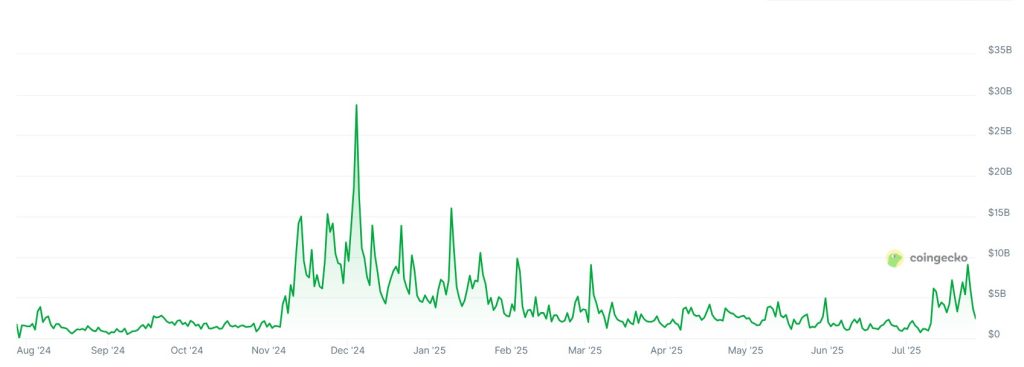In an eye-opening development in the South Korean cryptocurrency landscape, exchanges have disbursed an astounding $87 million in interest on fiat deposits over the past year. This striking figure, reported by the news agency Yonhap, emerges from a freedom of information request initiated by Heo Young, a progressive lawmaker from the Democratic Party, shedding light on the effects of recent regulatory changes. The Financial Supervisory Service revealed that since the implementation of the Virtual Asset User Protection Act last July, five major exchanges have paid out a total of 120.26 billion won in interest. But what does this mean for the broader crypto ecosystem and its users?

The Virtual Asset User Protection Act, a groundbreaking piece of legislation, was designed to guide the competitive dynamics of cryptocurrency exchanges. Under this act, platforms such as Upbit, Bithumb, Coinone, Korbit, and GOPAX are mandated to offer reasonable interest on fiat deposits held by their customers.
Prior to the law’s enactment, average interest rates hovered around a mere 0.1% annually—barely enough to incentivize users to keep their funds on exchanges instead of traditional banks. However, the introduction of this law ignited a fierce competition among exchanges, as they scrambled to attract customers with enticing interest rates, often paid quarterly.
In this rapidly evolving atmosphere, Bithumb made waves by initially announcing a jaw-dropping 4% interest rate only to retract the offer just six hours later. This high-stakes environment highlights how volatile and competitive the cryptocurrency landscape can be.
As of late June, the interest rates from these platforms have seen some fluctuations. Upbit and Korbit were both offering 2.1%, while Bithumb provided slightly more at 2.2%. Coinone stood at a competitive 2.0%, and GOPAX finally settled at 1.3%. Even GOPAX’s lower rate surpassed the typical 1% interest from conventional banks, indicating that exchanges still provide a noteworthy alternative for depositors.
However, with the recent decision by the Bank of Korea to cut base interest rates, the trend of rising interest rates is facing a potential reversal. Platforms are already adjusting their rates; Korbit has reduced its offering to 1.9%, and Coinone plans to lower its rate even further to 1.77% next month. Regulatory voices are calling for standardization in how these interest payments are calculated to maintain a fair competitive landscape.
A growing number of seasonal foreign workers are vanishing from job sites across rural Korea, deepening concerns among local governments. The disappearances are straining a national program that brings in short-term laborers from overseas.https://t.co/96ajzRxMOe— The Korea JoongAng Daily (@JoongAngDaily) July 25, 2025
Heo acknowledged that while the Virtual Asset User Protection Act serves as a safety net for users, concerns persist about the concentration of capital within a few dominant exchanges. With Upbit commanding over 60% of the market share, some critics argue that this regulatory environment could lead to a quasi-monopoly, stifling competition.
Heo declared, “We will continue to improve the system to protect users and establish a sound and competitive environment.” This unwavering commitment reflects the ongoing struggle between innovation and regulation in the fast-paced world of cryptocurrencies.
As cryptocurrency enthusiasts and investors monitor these developments, the implications of this interest rate competition could shape the future of crypto banking. With regulations evolving and market dynamics shifting, it’s essential for users to stay informed and engaged with these changes. What strategies will exchanges adopt next? Only time will tell, but one thing is clear: the stakes in the South Korean crypto market have never been higher.
For those looking to dive deeper into the nuances of crypto regulations and their implications, additional insights can be found on platforms like CoinDesk and Forbes Cryptocurrency.
